Trending Now
Thursday, Nov, 2024
Home / IIT Madras Creates 'MultiCens' to Examine Inter-organ Communication Networks in Human Beings
IIT Madras Creates 'MultiCens' to Examine Inter-organ Communication Networks in Human Beings
Working at the Robert Bosch Centre for Data Science and Artificial Intelligence (RBC-DSAI), their research opens up new avenues to comprehend inter-organ communication networks (ICNs) and their impact on overall health.
 by Pragti Sharma /
by Pragti Sharma /  27 Jul 2023 01:06 AM IST /
27 Jul 2023 01:06 AM IST /  0 Comment(s) / 140
0 Comment(s) / 140
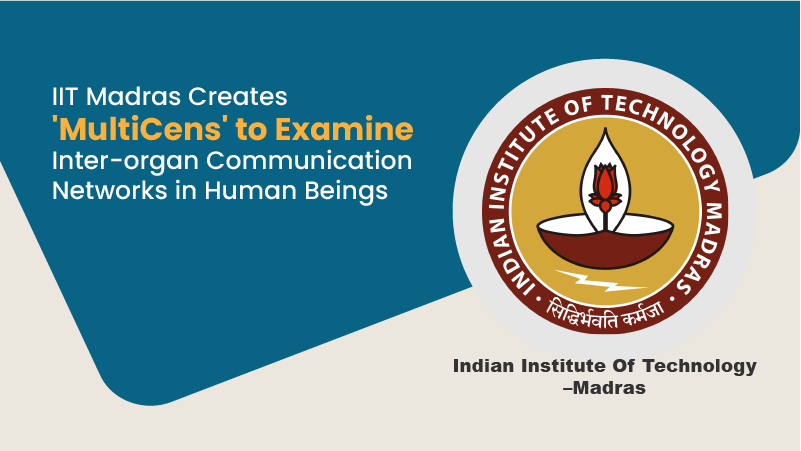
The researchers at the Indian Institute of Technology Madras (IIT Madras) have developed a groundbreaking approach called 'MultiCens' to unravel the communication between organs and tissues in the human body.
Working at the Robert Bosch Centre for Data Science and Artificial Intelligence (RBC-DSAI), their research opens up new avenues to comprehend inter-organ communication networks (ICNs) and their impact on overall health.
The focus of their latest research is on exploring genes and biomolecules responsible for tissue-tissue signaling. Such interactions between cells in various tissues and organs are vital for the proper functioning and survival of multicellular organisms. It allows organisms to adapt to their environment, regulate physiological processes, and assess energy reserves.
'MultiCens' (Multilayer/Multi-tissue network Centrality measures) is a powerful computational tool that leverages genomic information from diverse tissues. It can analyze and identify the interactions between genes responsible for communication across different organs.
Unlike the traditional reliance on experiments with model organisms like fruit flies, MultiCens offers a more comprehensive and efficient analysis of ICNs. This method enables the identification of key genes involved in inter-organ communication, be it in healthy or disease conditions.
With MultiCens, scientists can predict genes associated with crucial hormones that impact various bodily functions. It also sheds light on changes in gene interactions within different brain regions affected by conditions like Alzheimer's disease. Furthermore, it aids in understanding cancer metastasis, the spread of cancer cells from one organ to another over time.
This pioneering research has the potential to transform our understanding of the human body's intricate communication system and pave the way for new insights into various diseases and their treatments.

EShort / February 16, 2024
IMS Noida Admissions 2024: Apply for UG, PG programmes

EShort / February 16, 2024
GATE 2024: Response sheet out

EShort / February 16, 2024
BSSTET 2023: Admit card released

EShort / February 16, 2024
NID DAT 2024: Prelims result released

EShort / February 16, 2024
IIT JAM 2024: Response sheet released

Jobs / February 16, 2024
UPSC Recruitment Drive 2024: Apply for 120 vacancies in various departments

EShort / February 14, 2024
UPSC CSE 2024: Official Notification issued; application process begins

Editor's Desk / April 17, 2020
How Does Society Impact Our Education?

Current Affairs / April 22, 2020
Mr. Sudarsanam Babu appointed to U.S. Science Board.

Reforms / April 17, 2020
Traditional Structure of Education In India
.jpg)
Events & Seminars / April 17, 2020
PISA!!

Blog / February 26, 2021
Government's Action On #ModiRojgaarDo

EShort / May 19, 2022
CUET PG 2025 has started the registration process.

Notice Board on Important Dates / April 21, 2020
World Heritage Day

News / July 08, 2021
JEE Mains Registration For Session 3: Last Date To Apply

EShort / December 14, 2021
UPSC Declared Final Result For DCIO Recruitment


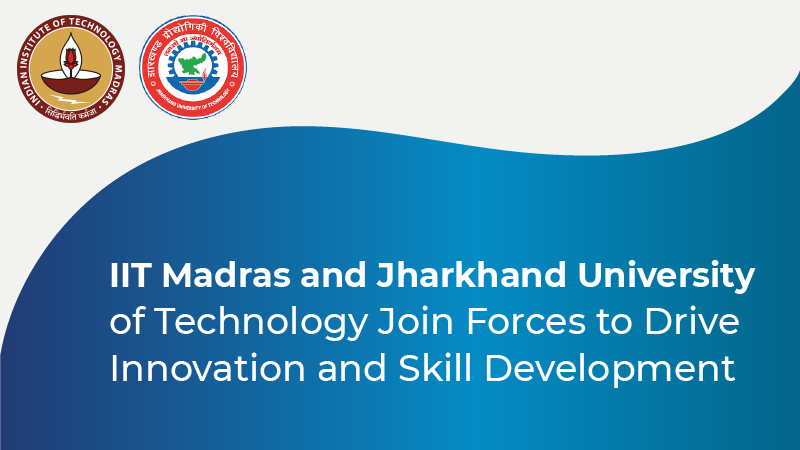








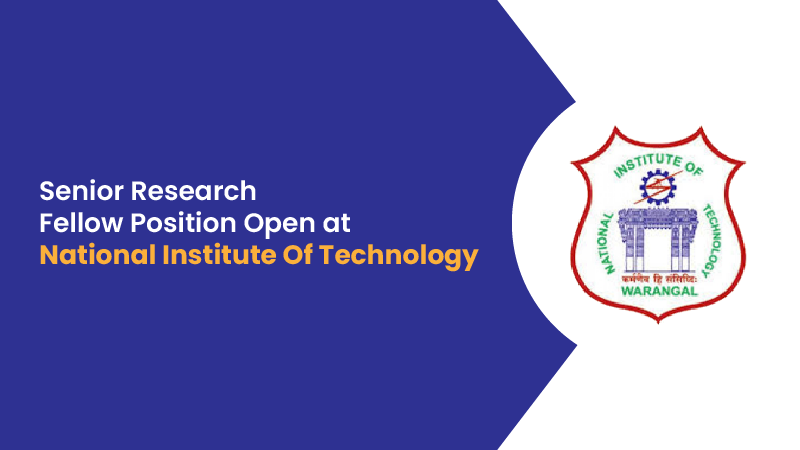
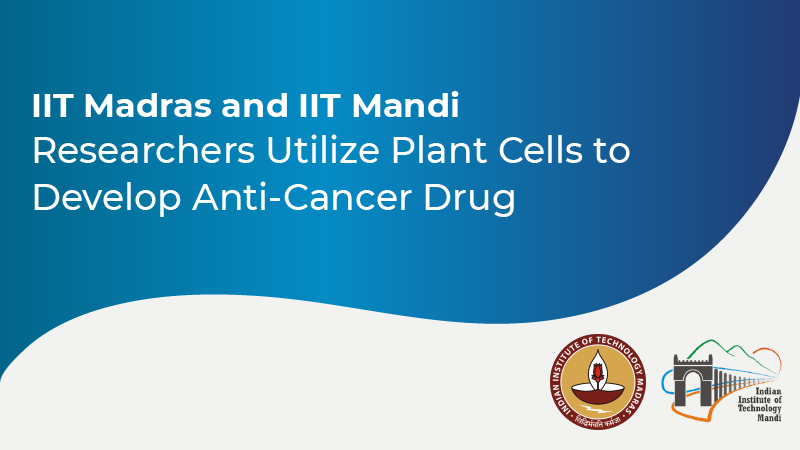

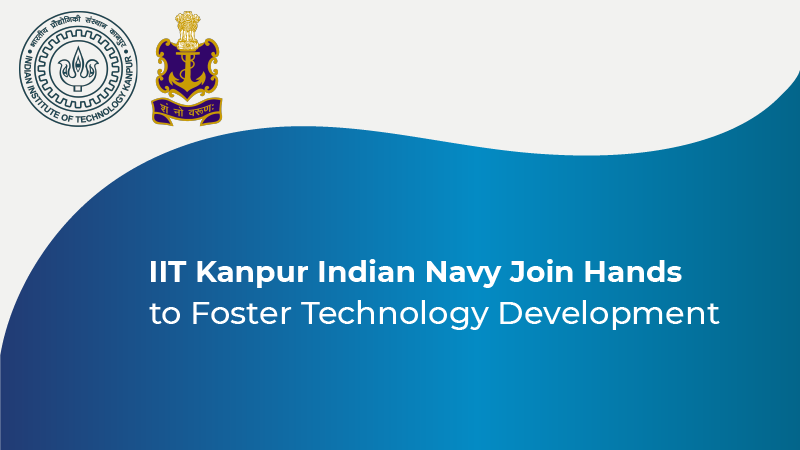






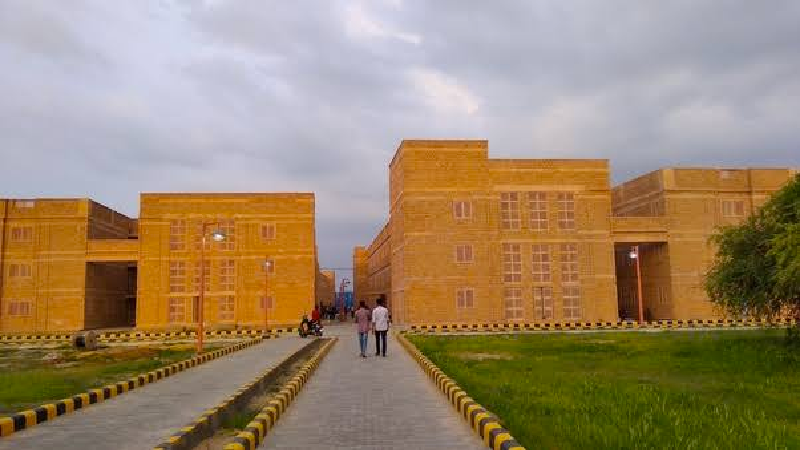
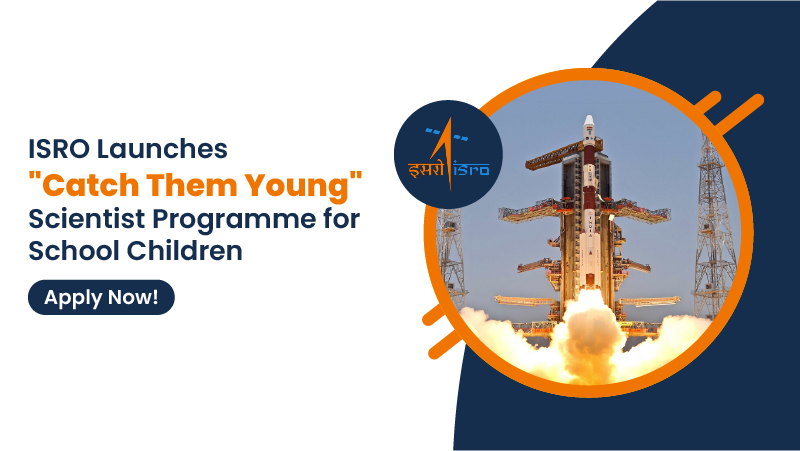


0 Comments
Post Comments